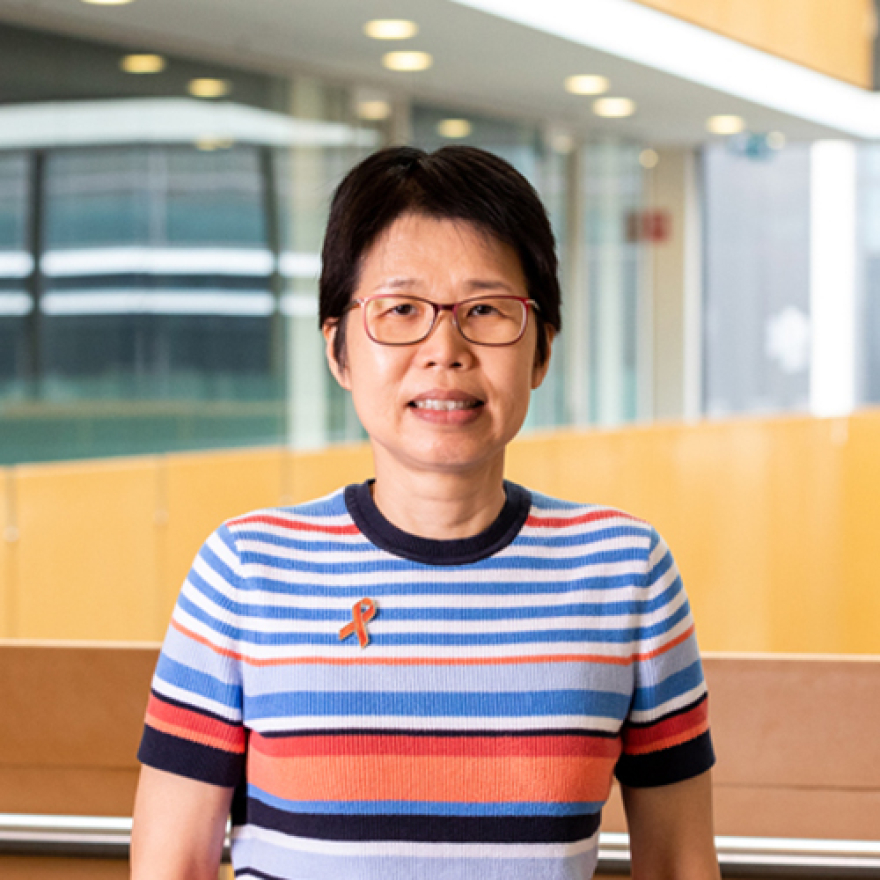The HIV Epidemiology and Prevention Program conducts research into the transmission and prevention of HIV, other sexually transmissible infections (STIs), and the consequences of infection. Our work is multidisciplinary and collaborative. We work in close partnership with affected communities, in particular with gay, bisexual, and other men who have sex with men, and people living with HIV, both in Australia and the Asia-Pacific region.
Because HIV/STI risk and transmission practices are embedded in the complexities of everyday life, we work across the spectrum of biomedical, behavioural, and structural prevention approaches. Our research areas include behavioural surveillance, HIV/STI risk practices, and their intersection with social determinants of health, including sexual and gender identity, mental health, and drug and alcohol use.
We explore the efficacy, uptake and impact of biomedical prevention interventions, implementation science, and social aspects of infection and health, both in community settings and at a societal level.
Researchers in our program also conduct work on the intersection of infection, immunity and cancer to inform approaches to infection-related cancer prevention in people with HIV. A particular focus is the prevention of human papillomavirus-related anal cancer.





























